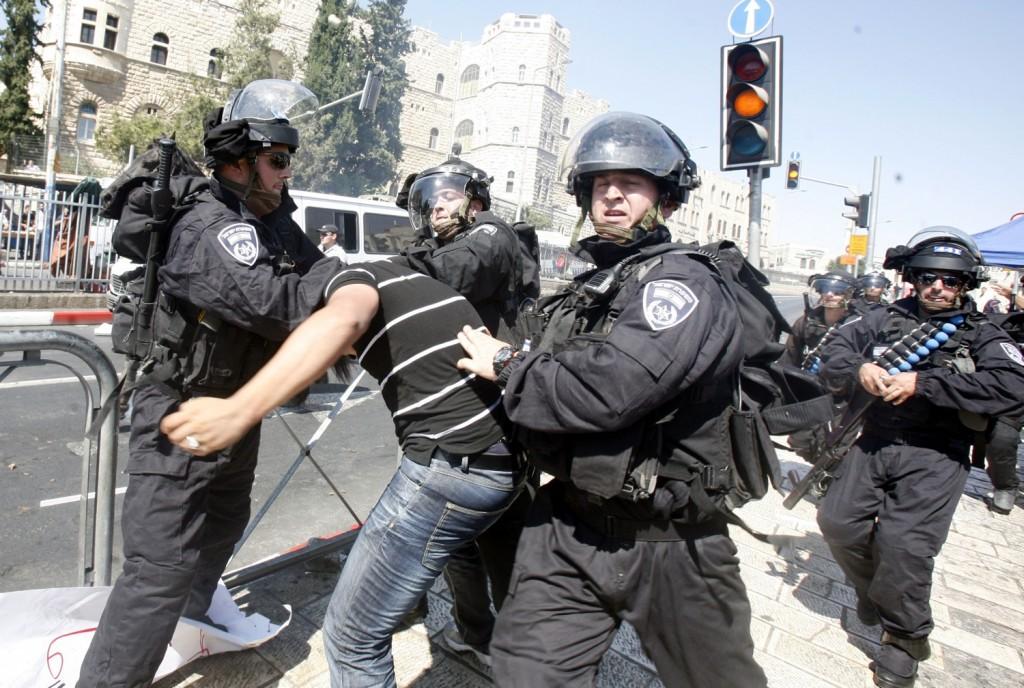“Innocence of Muslims:” Protected Speech or Hate Speech?
September 28, 2012

“Innocence of Muslims,” an anti-Islam video, made a drastic leap from YouTube to the Arab media in recent weeks. This video, shot in front of a green screen in a California studio, mocks Islam and defames the religion’s Prophet Mohammad by portraying him as an ignorant and murderous sex fiend.
As one would imagine, Muslims were not amused by this prejudice attack on their religion and a series of protests flared up across the Muslim world in response to it. While these Arab protests and the video’s filmmaker made front-page news in America, many Muslims (myself included) dismissed the video as a passing jab that they chose to ignore. However, for the small groups that did protest the video, their right to protest was undermined by accusations of “extremism” and “Muslim Rage” in the American media and discouraged by most Arab governments and religious leaders who told protestors that the best response would be no response at all.
The decision of whether or not to protest this video is a complex one. While working as a civil rights intern this past summer, I learnt that even seemingly hateful or discriminatory speech is often protected by our constitutional right to freedom of speech (see MTA anti-Islam ad). Therefore, this topic could be argued in two ways. On the one hand, to protest the “Innocence of Muslims” video would be to protest the filmmaker’s freedom of speech. However, one the other hand, to stay silent would be to allow hateful speech to manifest into future discrimination and marginalization.
Another criterion that needs to be considered is what if this film had been about a different culture, religion, or prophet? Would it be defended in the same way as freedom of speech or would it be labeled as hate-speech? Would it protected as a constitutional right to free speech or would it be considered a violation of our constitutional right to practice religion free of persecution?
President Obama has said in response to this issue of freedom of speech and its limitations, “The strongest weapon against hateful speech is not repression, it is more speech—the voices of tolerance that rally against bigotry and blasphemy, and lift up the values of understanding and mutual respect.” Following the Obama’s advice then, the video should not be repressed, but instead challenged through means of opposing speech. Turning our heads over to the Muslims world, we see that the protestors are indeed using speech to retaliate. For example, protestors were heard chanting, “We are all Osama Bin Laden” and “God is great” in front of American embassies. Is this what Obama meant by “more speech?”
It is hard to decipher between offensive speech and defensive speech in times like these, but maybe it does not matter since freedom of speech will allow for both. While I believe that our freedom of speech must always be protected, I think we need to readjust the way in which we label speech based on its speaker. Why must the Arab protestor who is practicing free speech be labeled an extremist? By using negative terms to describe the protestors, we are in fact taking away freedom of speech from other Muslims who might be afraid to speak out in fear of such labeling.








